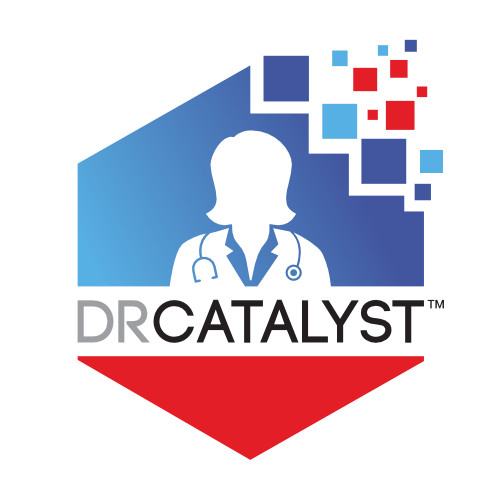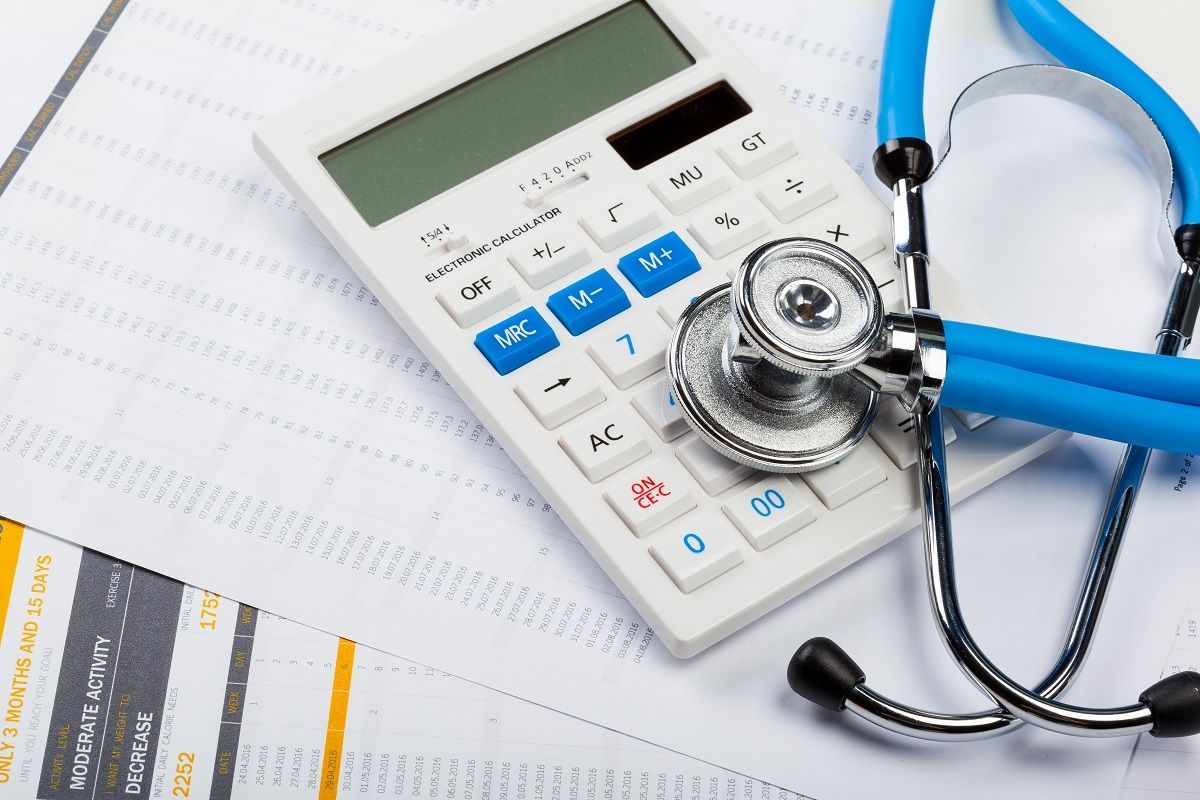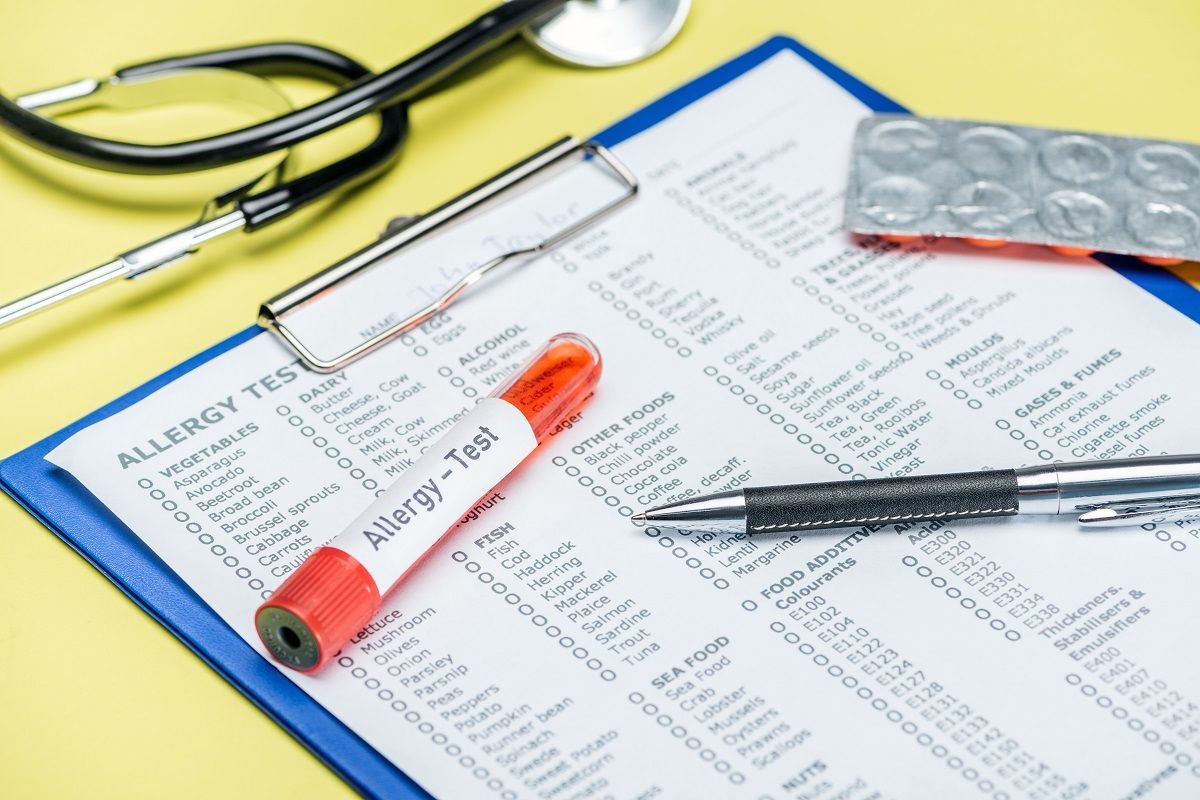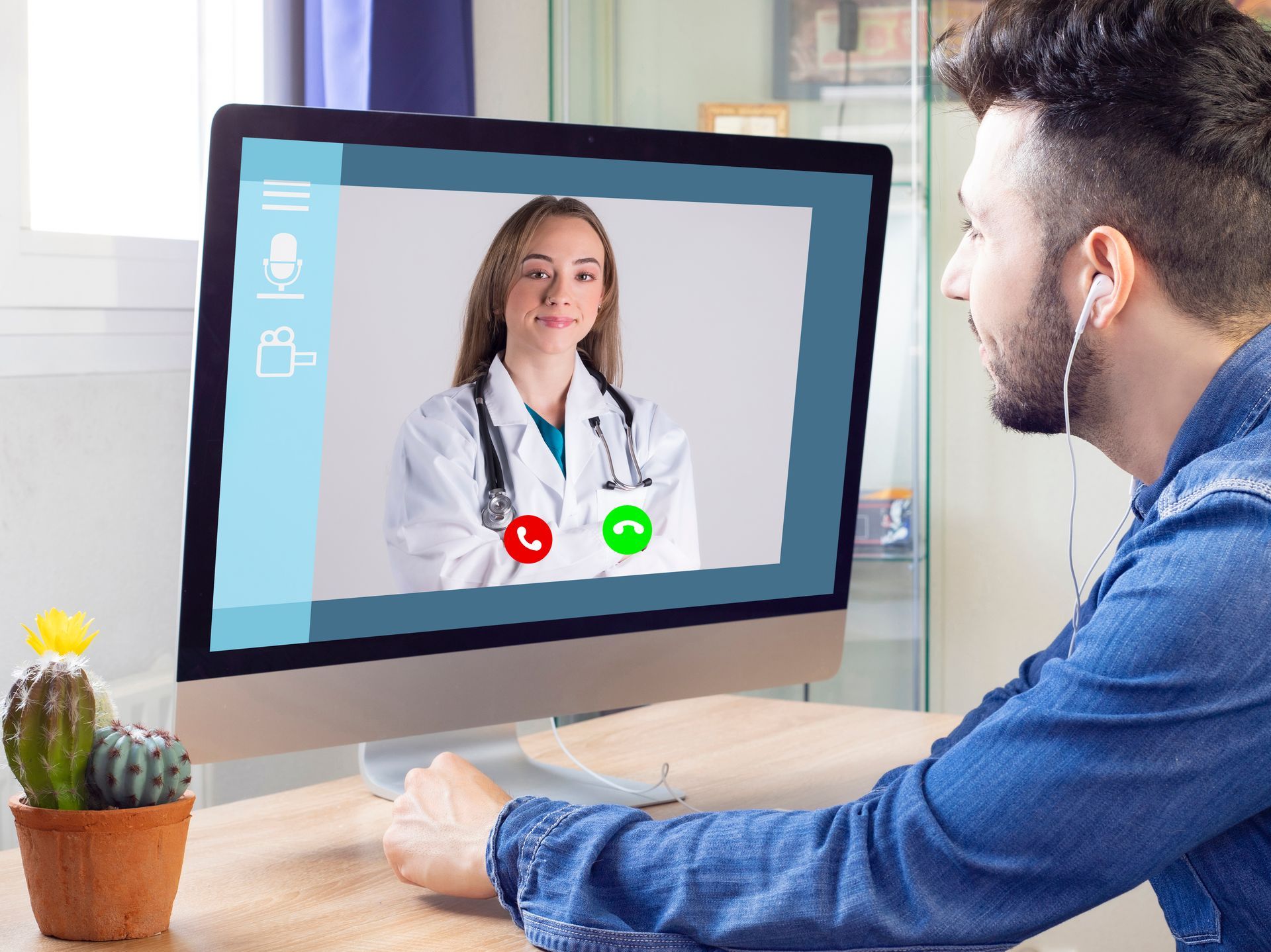Understanding the Millennial Patient
Who are Millennial Patients?
People who were born between 1981 and 1996 are often referred to as millennials (sometimes also called Generation Y). While there is sometimes a little bit of a debate about the exact years, those are roughly the years that make up the millennials. This generation has grown up in a technological age where they could easily acquire access to tons of information online with the click of a button, and they keep the lines of communication open 24/7.
The Millennial Personas
- Digital Window Shoppers - this group of millennials is less engaged online than other millennials. 23 percent of the millennial population loves to browse through stuff online before deciding to make a purchase, and 58 percent are composed of females.
- Digital Socialites - 55 percent of women are more social and engaged online, and this persona compromises 26 percent of the millennial population.
- Dynamic Media Junkies - 23 percent of the millennial population is extremely techy and super engaged with online videos and streaming content.
- Casually Engaged - this group of the millennial population that is unemployed and less tech-savvy is comprised of 17 percent of the population and mostly men.
- Emerging Technocracy - 15 percent of the millennial population is highly influential and engaged strongly with what’s going on online. They know the latest trends and how to manipulate the web to have an outcome in their favor.
What do Millennials Look for in a Healthcare Provider?
Millennials are known to be thrifty. Some prefer to live in a tiny home rather than a big home that comes with a large mortgage. They’d rather shop at IKEA or Target than at Ethan Allen, and they’d rather self-medicate than spend hundreds of dollars on an appointment with their doctor.
According to Accenture, only 24 percent of millennials are willing to spend money if there are fair offers in the market on health insurance plans.
Do you want to know how to satisfy a millennial patient? Here are three key factors you should consider.
- Millennials expect digital options
- Millennials expect to receive a patient-centric experience
- Millennials expect you to be fast yet efficient
Oh, and when we get on the subject of technology - millennials are obviously addicted to their smartphones. Sad to say that many healthcare providers have not seen the importance of providing digital tools to their patients. If you want to attract tech-savvy patients (a.k.a millennials), you need to provide digital options for them.
How can you provide them with a good digital experience? According to Accenture, 66 percent of millennials want to schedule their appointments online. They loathe calling a medical office and being put on hold for a long period of time. The longer you make them wait, the more likely they are to hang up. Also, 47 percent want telehealth medicine or virtual doctor visits. Also, many like the idea of patient portals so that they can easily access their health records, lab results, and other pertinent information about their health. Also, if you want to appeal to millennials, consider providing an online payment option so that it will be quicker and easier for your patients to pay their medical bills.
Also, when you think about marketing to millennials, craft messaging that is simple and easy to remember. Make sure your content is informative, your digital efforts are user-friendly, and your content can be seamlessly synced with other social media channels.
And, did you know that millennials are willing to pay a little extra if something is super convenient for them? So, keep that in mind as well as you think through different digital options and marketing messaging. There’s this thing called millennial trifecta which is comprised of great customer service, convenience, and customized experiences. Again, most doctors don’t meet these expectations (and a lot of them simply don’t care to meet them, which is unfortunate).
Only 19 percent of millennials said that healthcare is convenient and accessible. And the 47 percent of millennials who switched to another provider said it’s because they found someone who has better services and is more convenient. Remember when I mentioned that millennials are known to be thrifty? Despite being thrifty, millennials are willing to pay more just to receive the level of convenience that they want.
To fully utilize the potential of the millennials when it comes to their impact in the healthcare industry, you need to step up and provide features that can support convenient access to care. Together with mobile support apps and tools, awesome customer service and engagement through different platforms, and personalized messaging, you’re sure to attract millennials.
Have you ever wondered why retail clinics and urgent care centers are preferred by millennials? Well, it’s because of the walk-in convenience, and visits are more efficient and faster. When you make a millennial wait for days or worse, weeks for an appointment or lab results, or even make them wait in the waiting room way past their scheduled appointment, it’s almost a guarantee that they won’t be coming back to you. Trust me, they won’t appreciate you wasting their time. So, to ensure that you provide excellent care without making the patient feel like you’re rushing, always be on time. And in the event you’re late or just a little behind, let the patient know. Always keep close communication with your patients. It’ll make them feel more valued and they’ll appreciate it.
Where do Millennials Seek for Care?
The Power of the Internet
Hold on to your chairs because I’m about to tell you something crazy! 97 percent, yes 97 percent, of millennials use the Internet. Oh, but there’s more! 28 percent use their smartphones to access the Internet. Whether they’re ordering Chinese take-out or purchasing a new outfit, millennials do almost everything online. So, it’s expected that they’d also want access to their health data and lab/exam results by simply using their phones. According to one poll, 71 percent of millennials want their doctors to create or use an app for easy and smooth communication and patient engagement - and that includes scheduling an appointment, sharing personal health information, requesting prescription refills, and overall general care.
Velimir Petkov, DPM, a podiatrist in Clifton, New Jersey, said, “Allowing people to fill out patient forms electronically on their cellphones is typically something that millennials like. This way, they can take care of it at their convenience.” I mean, the doctor does have a point. If you were a patient, would you rather add all the pertinent health data needed using your mobile device or sit down in the doctor’s office with a clipboard composed of 5 to 10 pages of paperwork? I think we know which option you would choose.
According to the 2016 report by Vision Critical, 58 percent of millennials research health and nutrition information on Google. As a doctor who has millennial patients, it’s important to be open-minded and listen to them. While your professional opinion or advice may be drastically different from what they found on Dr. Google, just be sure to not be dismissive when they share their thoughts and opinions with you.
The Power of Messaging
We all know that millennials prefer for everything to be digital. They even prefer sending a text message rather than talking on the phone. In a poll that was conducted in 2016, 75 percent of the 500 millennials who were surveyed said that they would rather lose the ability to call than not being able to text.
To break it down for you…
- 76 percent millennials opt to text rather than call because it can be easily squeezed in a tight schedule.
- 63 percent of millennials are less disruptive because you don’t have to talk while communicating.
- 53 percent millennials prefer sending emojis rather than the actual words.
While texting may seem like a non secure way of exchanging sensitive patient information, you can actually provide a way to communicate with your patients through patient portals.
Final Thoughts
It’s hard to please everyone - especially if you have patients from different generations. However, as a medical provider, you need to keep up with the trends and preferences of different generations in order to survive in the industry. When it comes to the digital side of your medical clinic, our team of experts from DrCatalyst can customize different marketing strategies that are guaranteed to help you attract the most populated patients today - the millennials.
Schedule a meeting with us and learn how to get more millennials through your front door!
Useful Links
Contact
3100 Carr 199, STE 202
San Juan, PR 00926-7660
United States
Useful Links
DrCatalyst | All Rights Reserved.
Contact
3100 Carr 199, STE 202
San Juan, PR 00926-7660
United States
Useful Links
DrCatalyst | All Rights Reserved.














